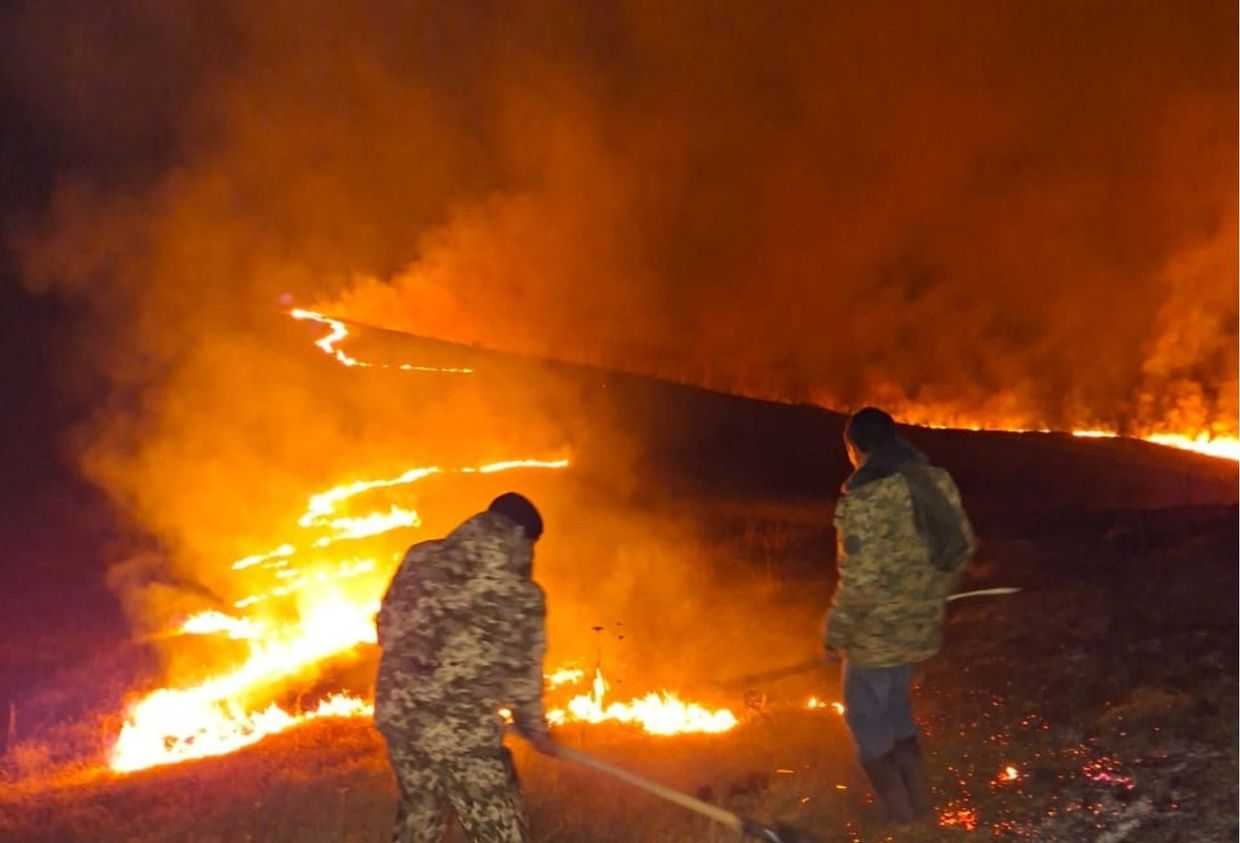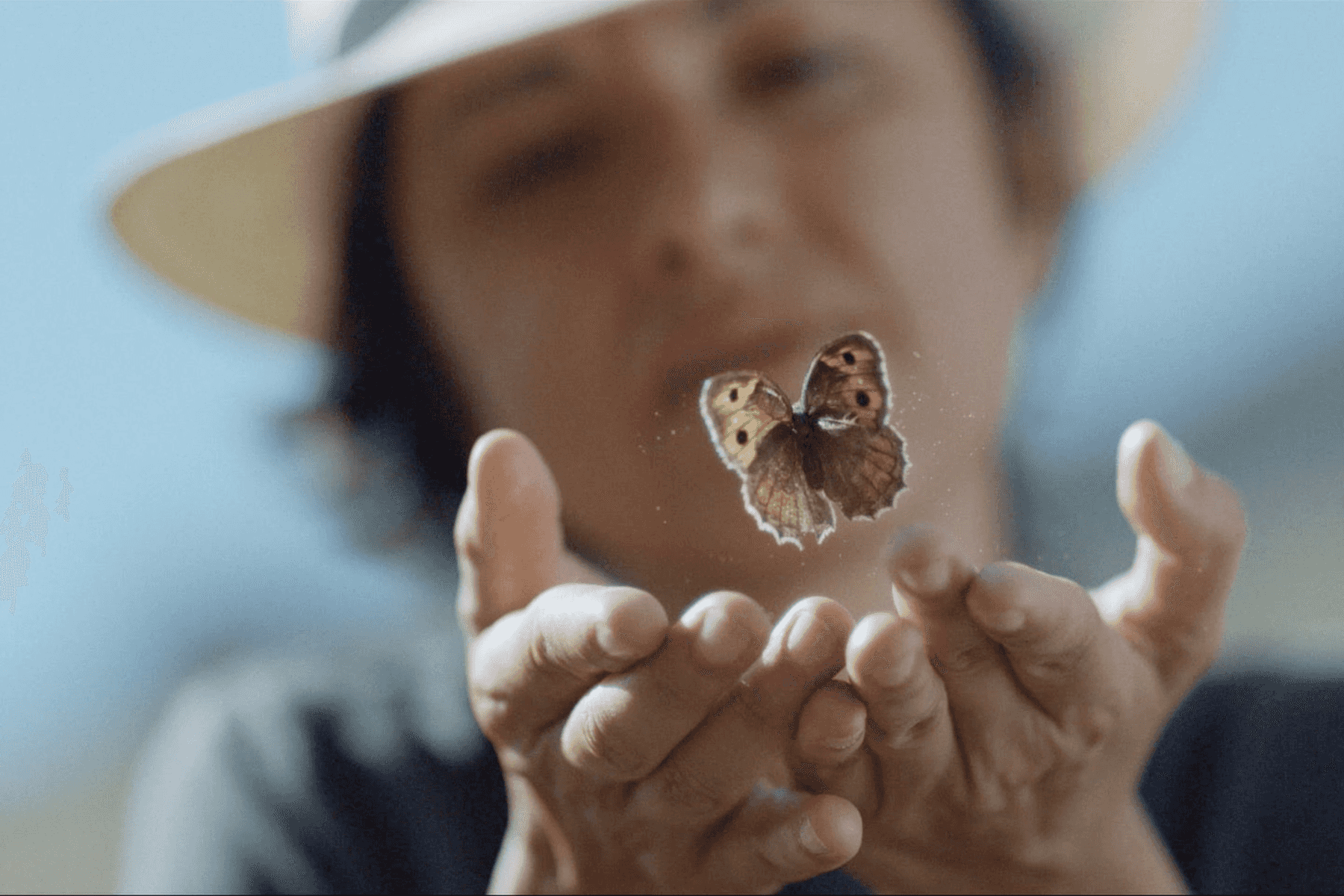
The Georgian authorities have vowed to ban certain single-use plastic items, including plates and cups, starting from 2026. The government has already submitted the draft law to parliament and is requesting that it be fast-tracked.
Zurab Ezugbaia, Deputy Minister of Environment and Agriculture, spoke about the issue in parliament on Tuesday, discussing the risks associated with single-use plastic products, including their impact on human health.
‘Following consultations with the business sector, we reached an agreement that single-use cups, plates, knives, straws, and other items in this category will be banned’, he added, as quoted by IPN.
Ezugbaia specified that the business entities will be allowed to sell off existing stocks imported before the ban takes effect.
According to information published on the Environment Ministry’s website, amendments to the government regulation on plastic products will come into effect on 1 January 2026. The regulation would ban the import, production, and market placement of certain plastic materials related to food products.
After the law comes into effect, vendors and restaurants will be allowed to use any single-use plastic items they already have in stock for a period of three months.
Public catering establishments will be given six months to stop serving products in single-use plastic containers and cups to their customers.
In parallel with the amendments to the government regulation, legislative changes have also been prepared in the waste management code, which would allow the government to prohibit or restrict the placement and sale of certain products on the market in ‘special cases’.
Under the current regulations, only the restriction or prohibition of ‘market placement’ was possible. According to Georgian law, market placement refers to the first introduction of a product into the market within Georgia’s customs territory, whether through domestic production, import, leasing, or other means.
According to the explanatory note of the draft law, the new version will, in addition to a product’s initial placement, also cover subsequent stages of its trade.
Plastic products are not directly mentioned in the draft law itself; however, they are specified in the explanatory note, which cites studies on the excessive use of plastic and their harm in Georgia.
The Environment Ministry’s press release specified that the production of the targeted plastic materials for export purposes will not be prohibited. However, anyone wishing to do so is required to notify the ministry.
According to 2024 data from the United Nations Development Programme (UNDP), the production and import of plastic in Georgia has increased by 71% over the past decade.
‘The number of illegal landfills is also rising, often located in river valleys and along coastal areas’, the organisation stated.











